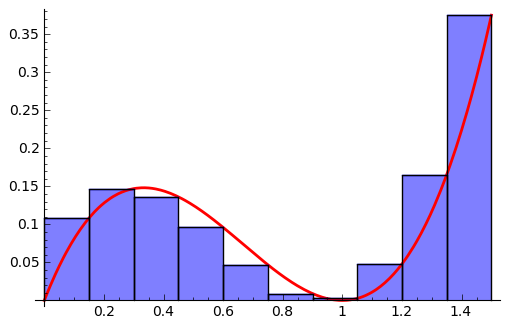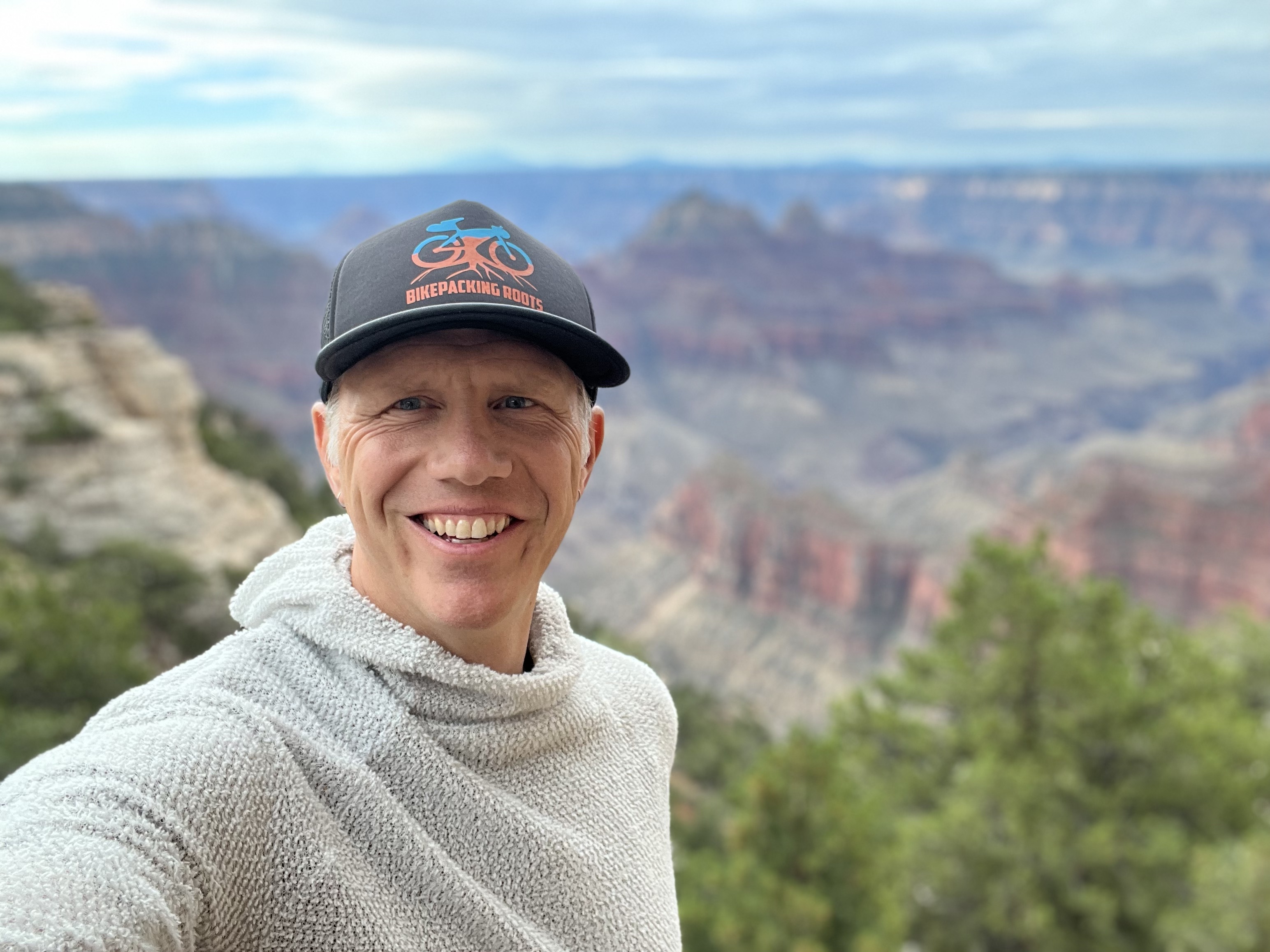Calculus I
Welcome
Welcome to the course web page for the Fall 2022 manifestation of MAT 136H: Calculus I (Honors) at Northern Arizona University. This course is a first calculus course concentrating on limits, continuity, the derivative, and integration. Applications are made to classical problems in physics and other sciences. Calculus is one of the great achievements in human history, and I am happy that I get to share it with you. Detailed information about the course and its structure is available at the links above.
Course Info
Title: MAT 136H: Calculus ISemester: Fall 2022
Credits: 4
Section: Honors
Time: 9:10-10:0AM MWThF
Location: AMB 146
Instructor Info
Dana C. Ernst, PhDAMB 176
11:15-12:15PM MWF, 10:15-12:15 Th
dana.ernst@nau.edu
928.523.6852
danaernst.com
Purpose and Goals
The primary objective of this course is to aid students in becoming confident and competent in solving problems that require techniques developed in calculus. Successful completion of MAT 136 provides students with skills necessary for upper division mathematics courses, such as MAT 137: Calculus II. In general, calculus is a study of functions. The main tools are differentiation, which measures instantaneous change in a function, and integration, which gauges the cumulative effect of that change. The crowning achievement of first semester calculus is the Fundamental Theorem of Calculus, which explains how differentiation and integration are related. Students will have a working understanding of limits and continuity. Students will also be able to utilize various techniques to differentiate and integrate numerous functions including trigonometric functions. In addition, students will understand and be able to apply the Mean Value Theorem, the First and Second Derivative Tests, and the Fundamental Theorem of Calculus in both theoretical problems and applications. Also, the purpose of any mathematics class is to challenge and train the mind. Learning mathematics enhances critical thinking and problem solving skills.
Aside from the obvious goal of wanting you to learn calculus, one of my principal ambitions is to make you independent of me. Nothing else that I teach you will be half so valuable or powerful as the ability to reach conclusions by reasoning logically from first principles and being able to justify those conclusions in clear, persuasive language (either oral or written). Furthermore, I want you to experience the unmistakable feeling that comes when one really understands something thoroughly. Much "classroom knowledge" is fairly superficial, and students often find it hard to judge their own level of understanding. For many of us, the only way we know whether we are "getting it" comes from the grade we make on an exam. I want you to become less reliant on such externals. When you can distinguish between really knowing something and merely knowing about something, you will be on your way to becoming an independent learner.

Getting Help
There are many resources available to assist you with doing your homework (e.g., office hours, Discord discussion group, free tutoring at numerous places across campus). You are allowed and encouraged to work together on homework. However, each student is expected to turn in their own work. You are strongly encouraged to ask questions in our Discord discussion group, as I (and hopefully other members of the class) will post comments there for all to benefit from. You are also encouraged to stop by during my office hours and you can always email me. Lastly, free tutoring is available through the Math Achievement Program.
Dana C. Ernst
Mathematics & Teaching
Northern Arizona University
Flagstaff, AZ
Website
928.523.6852
Instagram
Strava
GitHub
arXiv
ResearchGate
LinkedIn
Mendeley
Google Scholar
Impact Story
ORCID
About This Site
This website was created using GitHub Pages and Jekyll together with Twitter Bootstrap.
Unless stated otherwise, content on this site is licensed under a Creative Commons Attribution-Share Alike 4.0 International License.
The views expressed on this site are my own and are not necessarily shared by my employer Northern Arizona University.
The source code is on GitHub.
Land Acknowledgement
Flagstaff and NAU sit at the base of the San Francisco Peaks, on homelands sacred to Native Americans throughout the region. The Peaks, which includes Humphreys Peak (12,633 feet), the highest point in Arizona, have religious significance to several Native American tribes. In particular, the Peaks form the Diné (Navajo) sacred mountain of the west, called Dook'o'oosłííd, which means "the summit that never melts". The Hopi name for the Peaks is Nuva'tukya'ovi, which translates to "place-of-snow-on-the-very-top". The land in the area surrounding Flagstaff is the ancestral homeland of the Hopi, Ndee/Nnēē (Western Apache), Yavapai, A:shiwi (Zuni Pueblo), and Diné (Navajo). We honor their past, present, and future generations, who have lived here for millennia and will forever call this place home.
